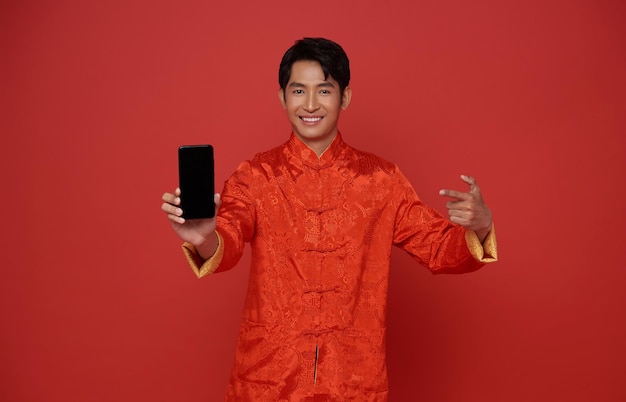

In a series of six posts, I explain how we can break free from our addiction to social media using teachings from early Buddhist scriptures. These teachings are found in the Vitakkasanthana Sutta, which provides five strategies for dealing with compelling thoughts and urges.
I’ve decided to call this “the Social Media Sutra” because it’s a catchy name that reminds us how these teachings apply to this important aspect of our lives.
Now, for the fifth and final strategy. This one might surprise you: sheer willpower. The Buddha suggests that if other methods fail, you can use your willpower to overcome your urges. It involves a mental struggle where you forcefully resist those thoughts.
This method sounds harsh and is compared to a strong man overpowering a weaker one. While it might seem intense, sometimes being strict with ourselves is necessary. However, this should be a last resort, to be used only when other approaches don’t work.
In my experience, this has been helpful. For instance, late at night, I might get caught up in reading interesting articles online, but realize it’s costing me sleep. Suddenly, I feel a wave of disgust and close my laptop, overcoming the urge to continue.
However, willpower alone isn’t always reliable. Often, I just stop surfing the internet because I get disgusted without consciously deciding to do so. There are smarter ways to manage our urges by using willpower when we’re not in the grip of craving.
For example, removing social media apps from your phone can be effective. It makes access more difficult. You could also use your phone’s parental controls to block social media sites altogether, or browser plugins that limit your time on these sites. For a more drastic step, you might even delete your accounts, which takes substantial willpower.
I did this with my Instagram account. I found that craving validation on Instagram wasn’t healthy, so I deleted my account. I also deleted my Facebook account. Although it kept me connected with distant relatives, I found the environment often turned negative.
Research indicates that quitting social media can make us happier. However, our addiction to these platforms and the way our minds deceive us keeps us hooked. We rationalize that social media is essential for our happiness, which is untrue.
After deleting Facebook and Instagram, I was left with Twitter, which also became problematic. Twitter can promote outrage, and I found myself wasting time. Sometimes, I’d spend up to an hour on Twitter first thing in the morning, which affected my well-being.
Here’s a final willpower trick that helped me quit Twitter: create a barrier to accessing your account. Change your password to something random and lock it away. This makes it hard to use your account unless you go through the trouble of resetting the password. This method has kept me away from Twitter for months.
Ultimately, this series explored the five strategies from the Vitakkasanthana Sutta for freeing our minds from obsessive thinking and urges. Thank you for joining me in this exploration of using the Dharma to overcome social media addiction. Let’s continue making progress towards mindfulness, compassion, and joy.